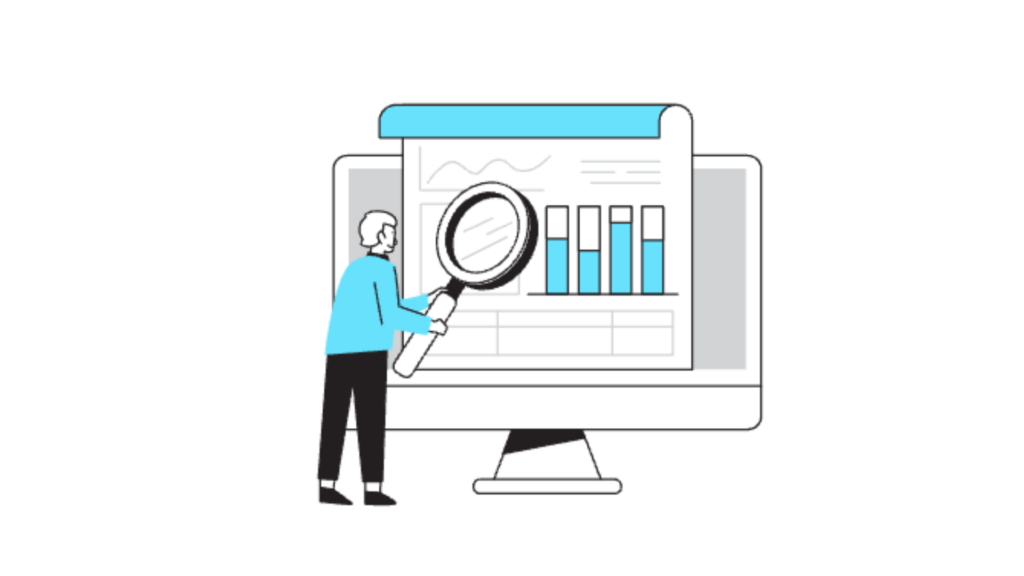Formal Subject for Thank You Email: Crafting the Perfect Subject Line

A “formal subject for thank you email” often sets the tone for gratitude and professionalism. Whether you’re thanking a client, colleague, or interviewer, the subject line is your first opportunity to communicate sincerity. Let’s dive into how to create an engaging and respectful formal subject for thank you email and explore best practices, common mistakes to avoid, and some creative examples to inspire your next email.
Why the Right Subject Line Matters
Crafting the ideal subject line may seem simple, but it plays a significant role in ensuring your email is opened and appreciated. A well-chosen formal subject for thank you email enhances your message, building positive relationships and showing that you value the recipient’s time and effort. The right subject line is brief but meaningful, respectful but genuine, making sure your message stands out in a busy inbox.
For instance, professional relationships often grow stronger through consistent, thoughtful communication. A good subject line builds trust and demonstrates respect. If you’re new to professional email etiquette, check out this article on creating a professional email impression.
Key Elements of a Strong Formal Subject for Thank You Email
- Clarity: Your subject line should make it clear that you’re expressing gratitude.
- Conciseness: Brevity is key to prevent your email from getting lost in an inbox cluttered with messages.
- Professional Tone: Avoid overly casual language to maintain respect and professionalism.
Best Practices for Writing a Formal Subject for Thank You Email
When crafting a thank you email, the subject line sets expectations for the email’s content. Here are some guidelines to follow:
1. Personalization Adds Value
- If possible, personalize the subject line by mentioning a recent event or topic discussed. For example, “Thank You for the Meeting on Project Insights” or “Appreciation for the Marketing Project Collaboration” adds context and relevance.
2. Avoid Excessive Punctuation
- Avoid exclamation marks or extra punctuation in formal thank-you subjects. Stick to one period if needed. This maintains a clean, professional tone.
3. Be Specific
- If you’re thanking someone for a particular action, mention it in the subject line. Examples include “Thank You for Your Assistance with the Presentation” or “Appreciation for the Interview Opportunity.” Specificity can make your gratitude feel more genuine.
For more email communication tips, especially on wording, check out our guide on writing effective marketing objectives.
Checklist: Formal Subject for Thank You Email
Creating a subject line may feel daunting, but a simple checklist can help streamline the process. Here’s a quick rundown of what to consider when formulating your formal thank you subject line:
- Is it Clear? Does it express gratitude without ambiguity?
- Is it Specific? Does it mention the context, if applicable?
- Is it Brief? Does it stay within the 60-character limit?
- Is it Professional? Avoids casual language or unnecessary punctuation.
- Is it Personal? If possible, does it include something unique to the recipient?
Using this checklist when writing your formal subject for thank you email can ensure it remains impactful and well-received.
Common Mistakes to Avoid
Avoiding certain pitfalls can make a formal subject for thank you email more effective. Here are some common mistakes to watch out for:
- Overly Vague Subject Lines
- Subject lines like “Thank You” or “Following Up” lack specificity. These can get lost in busy inboxes. Always try to add a bit more detail, such as “Thank You for Your Time and Insight.”
- Excessive Formality
- While professionalism is essential, overly stiff language can come across as insincere. Phrasing like “Gratitude for Meeting Attendance” may feel awkward; instead, use language like “Appreciation for Today’s Meeting.”
- Casual Language
- Avoid overly friendly terms like “Thanks a Bunch” or “Really Appreciate It!” as they might sound unprofessional in a formal setting.
To avoid other common email pitfalls, consider reading our article on improving business email structure for a more professional touch.
Examples of Formal Subject for Thank You Email
Here are some examples of effective formal subject lines that strike the right balance of clarity, brevity, and professionalism:
- “Thank You for the Opportunity to Collaborate”
- “Appreciation for the Insight Shared During Our Meeting”
- “Thank You for Your Guidance on the Recent Project”
- “Grateful for Your Assistance in Completing the Proposal”
- “Thank You for the Interview Opportunity with [Company Name]”
- “Appreciation for Your Continued Support on Our Project”
Each of these options keeps the subject line professional and specific, making it easy for recipients to understand the purpose of your email.
Future Trends in Formal Email Subject Lines
The digital landscape continues to evolve, affecting email strategies. Here are some emerging trends in writing subject lines, including formal thank-you emails:
- Increasing Use of Personalization: Incorporating the recipient’s name or specific details is likely to become even more standard, as personalization has been shown to increase email open rates.
- Contextual and Event-Based Language: As professionals navigate digital events and online meetings, specifying the context in the subject line will become more common.
- AI-Powered Suggestions: With AI tools helping generate email subject lines, suggestions tailored to recipients’ behavior and preferences are on the rise. AI can help improve word choice, tone, and relevance in email subject lines, including formal thank-yous.
Learn more about digital strategies and trends by visiting our guide to future content marketing practices.
A Comparison Table of Formal vs. Informal Subject Lines
Below is a comparison of formal versus informal subject lines for thank you emails to give you a better understanding of what to avoid in a professional setting:
| Formal Subject Line | Informal Subject Line |
|---|---|
| Thank You for the Insight Shared | Thanks for the Chat! |
| Appreciation for Our Meeting | Catching Up – Thanks! |
| Grateful for the Interview Opportunity | Interview Follow-Up: Thanks a Ton! |
| Thank You for Your Support on the Project | Big Thanks for Helping Out! |
| Appreciation for the Opportunity to Collaborate | Loved Working with You! |
Using formal language ensures that your message is taken seriously and conveys respect, while informal language may dilute the professional impact.
Best Situations for Using a Formal Subject for Thank You Email
Knowing when to use a formal subject line helps establish the appropriate tone. Here are common situations where a formal subject for thank you email is appropriate:
- After a Job Interview: Sending a thank-you email with a formal subject after an interview helps demonstrate professionalism.
- Following a Business Meeting: If you had a discussion regarding a potential partnership or project, a formal thank-you note with a respectful subject line reinforces your commitment.
- Post-Collaboration: For clients, colleagues, or partners who assisted with a major project, expressing gratitude with a formal subject line shows respect and appreciation.
- After Receiving Guidance or Mentorship: Thanking a mentor or guide with a formal subject shows maturity and professionalism, strengthening the relationship.
For more insights into business communication, explore our article on building effective business partnerships.
Conclusion: Crafting the Perfect Formal Subject for Thank You Email
Mastering the art of crafting a formal subject for thank you email is about more than words. It’s about demonstrating respect, maintaining professionalism, and building lasting professional relationships. A good subject line ensures that your gratitude is conveyed thoughtfully and sets a positive tone for your future interactions.
Whether you’re sending a thank you after an interview, expressing gratitude for collaboration, or appreciating support, choosing the right subject line can enhance your professional image. Remember, it’s the first step to a meaningful thank-you message that’s impactful and memorable.
For further reading on professional communication and email strategies, check out our guide on creating compelling content marketing tactics to build effective business relationships.



